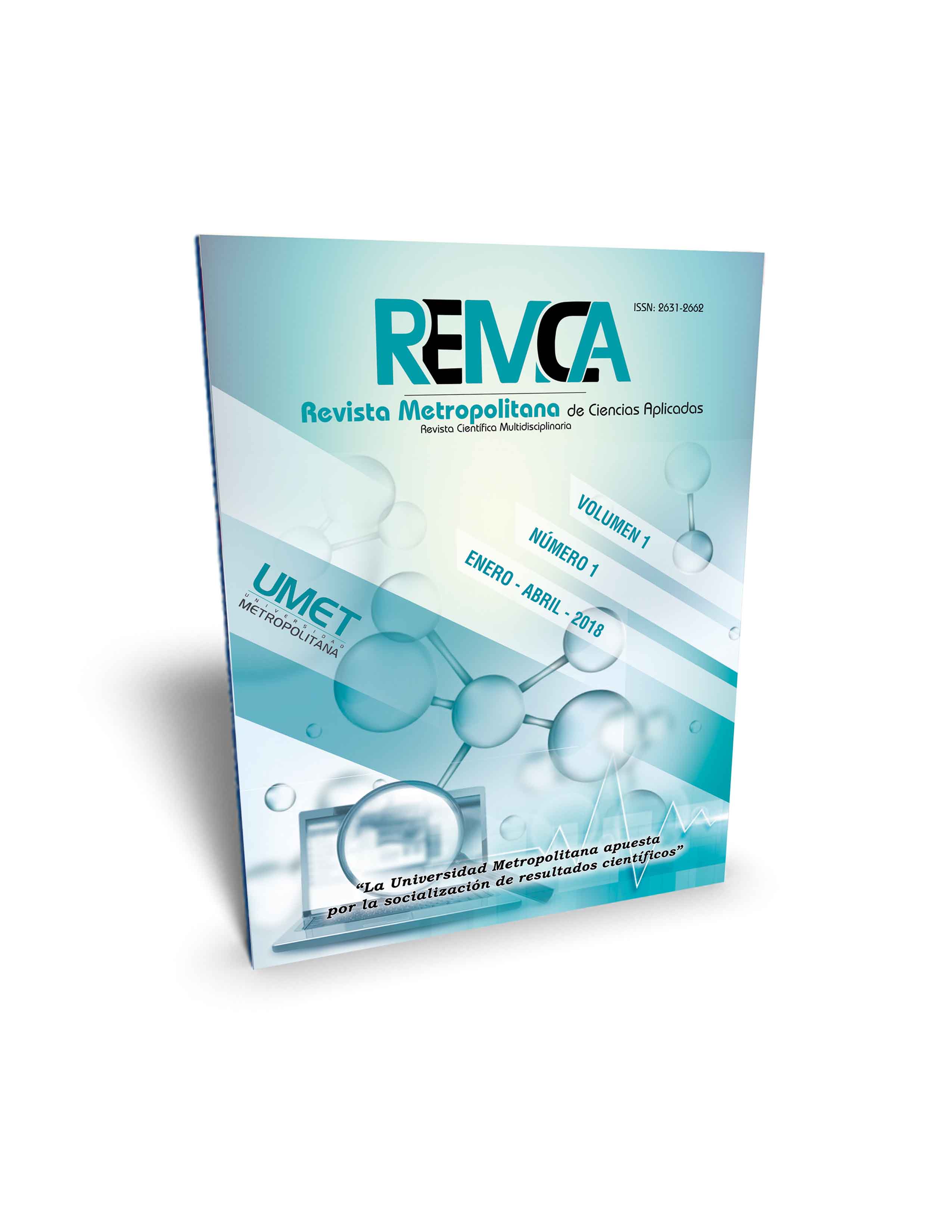Relationship between moral and law: something more about the 50 years of the humanae vitae
DOI:
https://doi.org/10.62452/r4q02g08Keywords:
Iusnaturalismo, iuspositivismo, justice, truthAbstract
The article focuses on the debate and reflection on the relationship between morality and law fifty years after the publication of the Encyclical Letter Humanae Vitae. The results are associated with the coincidence of concepts such as objectivity, truth and justice that will be used again and again by the truly classic natural law, and on the other hand they will be subjected to examination and criticism by the most recalcitrant iuspositivism. A descriptive study is used, using theoretical methods such as the logical historical.
Downloads
References
Alexy, R. (1993). Teoría de la argumentación jurídica. Madrid: Centro de Estudios Constitucionales.
Carpintero, F. (2000). La distinción entre lo empírico y lo real. Madrid: Colex.
Fuller, L. (1969). The Morality of Law. Londres: Yale University Press.
Graneris, G. (1973). Contribución tomista a la filosofía del derecho. Buenos Aires: Eudeba.
Hart, H. (1977). El concepto de derecho. Buenos Aires: Abeledo- Perrot.
Hobbes, T. (1651). La materia, forma y poder de una república eclesiástica y civil (Leviatán). México: Fondo de la Cultura Económica.
Kant, I (1996). Fundamentación de la metafísica de las costumbres. Primera Sección. Barcelona: Ariel.
Kelsen, H. (1958). Teoría General del Derecho y del Estado. México: UNAM.
Kelsen, H. (1966). ¿Qué es la justicia? Córdoba: Universidad Nacional de Córdoba.
Pablo VI. (1968). Carta encíclica Humanae vitae. Roma: Libreria Editrice Vaticana.
Pieper, J. (1974). El descubrimiento de la realidad. Madrid: Ediciones Rialp.
Pintore, A. (2005). El derecho sin verdad. Instituto de Derechos Humanos Bartolomé de las Casas. Madrid: Dykinson.
Santo Tomás de Aquino. (1956). Suma Teológica. Madrid: Biblioteca de Autores Cristianos.
Sepich, J. (1952). Introducción a la ética. Buenos Aires: Emecé.
Singer, P. (1985). Democracia y desobediencia. Barcelona: Ariel.
Urbina, S. (1986). Lecciones de Filosofía del Derecho. Valencia: Tirant Le Blanch.
Zagrebelsky, G. (2010). Contra la ética de la verdad. Madrid: Trotta.
Downloads
Published
Issue
Section
License
Copyright (c) 2018 Jorge Guillermo Portela (Autor/a)

This work is licensed under a Creative Commons Attribution-NonCommercial-ShareAlike 4.0 International License.
Authors who publish in Revista Metropolitana de Ciencias Aplicadas (REMCA), agree to the following terms:
1. Copyright
Authors retain unrestricted copyright to their work. Authors grant the journal the right of first publication. To this end, they assign the journal non-exclusive exploitation rights (reproduction, distribution, public communication, and transformation). Authors may enter into additional agreements for the non-exclusive distribution of the version of the work published in the journal, provided that acknowledgment of its initial publication in this journal is given.
© The authors.
2. License
The articles are published in the journal under the Creative Commons Attribution-NonCommercial-ShareAlike 4.0 International License (CC BY-NC-SA 4.0). The terms can be found at: https://creativecommons.org/licenses/by-nc-sa/4.0/deed.en
This license allows:
- Sharing: Copying and redistributing the material in any medium or format.
- Adapting: Remixing, transforming, and building upon the material.
Under the following terms:
- Attribution: You must give appropriate credit, provide a link to the license, and indicate if any changes were made. You may do this in any reasonable manner, but not in any way that suggests the licensor endorses or sponsors your use.
- NonCommercial: You may not use the material for commercial purposes.
- ShareAlike: If you remix, transform, or build upon the material, you must distribute your creation under the same license as the original work.
There are no additional restrictions. You may not apply legal terms or technological measures that legally restrict others from doing anything the license permits.




